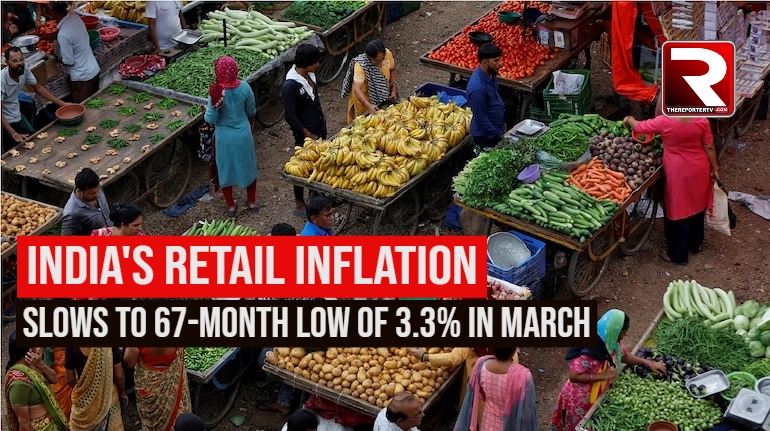Beirut — The Syrian government appeared to have collapsed early Sunday in a stunning and swift end to over five decades of rule by the Assad family. A rapid rebel offensive, spearheaded by the Islamist group Hayat Tahrir al-Sham (HTS), broke through key government defenses, capturing the capital, Damascus, and forcing President Bashar al-Assad to flee the country.
According to Rami Abdurrahman, head of the Syrian Observatory for Human Rights, Assad took a flight from Damascus International Airport on Sunday, as rebel forces poured into the capital. The news was corroborated by state television in Iran, Assad’s main backer during the brutal civil war, citing Qatar’s Al Jazeera news network. However, the Syrian government has yet to issue an official statement on Assad’s departure.
The rapid advance of rebel forces, which had begun their offensive in late November, marked a dramatic shift in Syria’s ongoing civil war. HTS, once an affiliate of Al-Qaeda, has now emerged as a dominant force, capturing key cities such as Homs and Daraa, which had been loyal to Assad’s regime for years. With the fall of Damascus, it seems that Assad’s control over Syria has evaporated in a matter of days.
Prime Minister Offers Transition, Hezbollah Forces Withdraw
In the face of the sudden collapse, Syrian Prime Minister Mohammed Ghazi Jalali made a public statement saying the government was prepared to “extend its hand” to the opposition and facilitate a transfer of power to a transitional government. However, Jalali, who appeared calm in a video message, denied reports that Assad had fled, maintaining his commitment to serve the Syrian people. He called for citizens to avoid damaging public property as protests erupted across the capital.
Residents in Damascus, however, painted a different picture. Heavy gunfire rang out as the situation rapidly deteriorated. A source close to Hezbollah, Assad’s key ally, confirmed that the group’s fighters had vacated their positions around the capital, signaling a shift in loyalties. Hezbollah, which had deployed thousands of fighters to defend the Assad regime, began to withdraw, with many heading toward the coastal city of Latakia and into Lebanon.
As government forces retreated, the Ministry of Defense issued conflicting statements, initially denying that the rebels had entered Homs or Damascus, but later admitting to “redeployments” in key areas. Despite this, residents and monitoring groups reported the complete loss of several southern provinces, including Daraa, the birthplace of the 2011 uprising against Assad.
Chaos in the Capital and Across Syria
The fall of Assad’s government triggered widespread panic in the capital. Streets filled with traffic jams as people rushed to withdraw money from ATMs and buy supplies. “The situation was not like this when I left my house this morning… suddenly everyone was scared,” said Rania, a woman from Damascus. In the suburbs, demonstrators toppled a statue of Assad’s father, Hafez al-Assad, signaling the end of the family’s decades-long grip on power.
In Hama, Syria’s fourth-largest city, rebels celebrated their victory over Assad’s forces, with images showing abandoned military vehicles, some set on fire. “We are happy with the liberation of Hama and the liberation of Syria from the Assad regime,” said Kharfan Mansour, a local resident. The fall of Hama, Daraa, and other strategic areas left Assad’s forces stretched thin, as military units withdrew from positions in the Golan Heights and along Syria’s southern border with Jordan and Iraq.
In Sweida, a Druze-majority region in southern Syria, local fighters took control of government buildings, securing vital infrastructure after the Syrian army pulled out. Meanwhile, hundreds of Syrian soldiers were reported to have crossed into Iraq, fleeing the advancing rebel forces.
International Reactions and Humanitarian Concerns
The United Nations has voiced alarm over the violence that has claimed at least 826 lives, including 111 civilians, according to the Syrian Observatory for Human Rights. The UN also reported that 370,000 people have been displaced in recent weeks as a result of the escalating conflict.
The international community has expressed concern over the future of Syria, calling for a peaceful transition of power. US President-elect Donald Trump posted on his Truth Social platform that the United States should “not get involved” in the unfolding crisis. Meanwhile, outgoing Secretary of State Antony Blinken called for a “political solution” to the conflict, as discussions between Iranian, Russian, and Turkish officials continued in Qatar.
In a joint statement, Russian Foreign Minister Sergei Lavrov and Iranian officials expressed their opposition to the idea of a “terrorist group” like HTS taking control of Syria. However, they signaled a willingness to begin political dialogue with “legitimate opposition groups.” Despite this, Moscow and Tehran have shown little inclination to intervene militarily to prop up Assad.
Turkish President Recep Tayyip Erdogan, whose government supports rebel groups in northern Syria, called for an end to the violence, saying Syria has “suffered enough blood and tears.”
The Future of Syria
With Assad gone and his government in disarray, Syria faces an uncertain future. Rebel forces, despite their successes, remain fragmented, and the question of who will lead the country in the post-Assad era remains unclear. HTS, despite its battlefield victories, remains a controversial group, with ties to Al-Qaeda and a violent reputation. The collapse of Assad’s regime could lead to further power struggles, as competing factions vie for control.
As the world watches, the immediate priority for the Syrian people is survival and stability. With the Assad family’s grip on Syria now shattered, the road to peace will be a difficult and uncertain one. The global community, including the United Nations, is urging immediate talks to form a transitional government, but whether these efforts will succeed remains to be seen.
The fall of Assad marks the end of an era in Syrian history, but it is only the beginning of a new chapter—one that will determine Syria’s future and the fate of its people.












